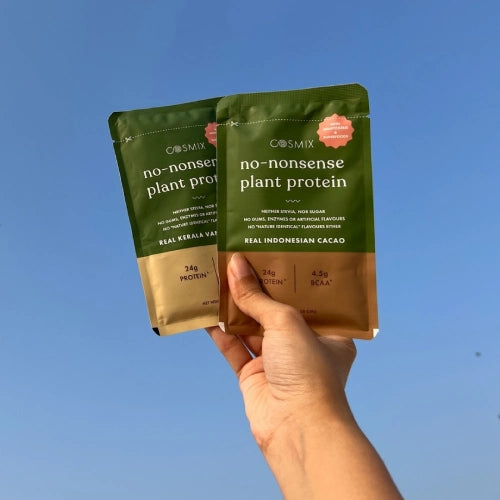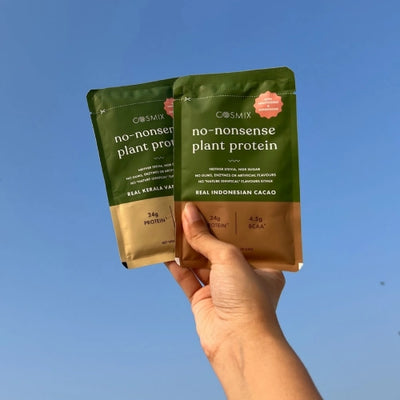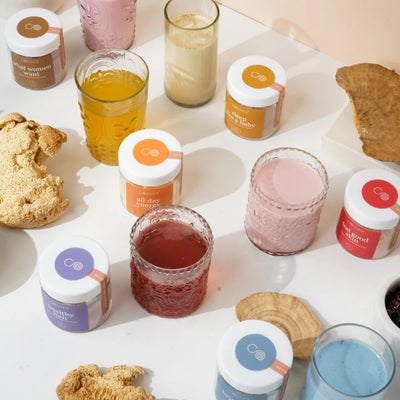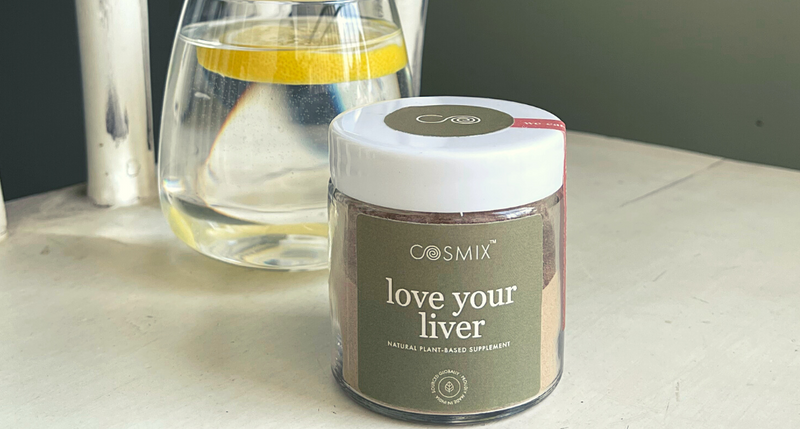Picture this: you’re sitting by the beach, sipping on a yummy cocktail as you soak in the sun’s rays. Sounds like a good holiday, doesn’t it? Well, your holiday might be easy on the mind, but not so much on your body. While just a glass or two, every now and again doesn’t really have a major impact on your liver, the long-term effects of alcohol are rather worrying. Think of it as a perpetual hangover––after a night of heavy drinking, you often experience symptoms and sensations you’ve never felt before. This includes nausea, headaches, body aches, dizziness, and sometimes a bad tummy. Now, imagine if one night of drinking does that to your body, what would the long-term effects be? And what does your liver have to do with this? Dive into the effects alcohol can have on your liver health and why!
The Connection between Alcohol use and Liver health
The liver acts like your system's filter. It basically removes any toxins from your body’s blood supply, amongst many other functions like maintaining healthy blood sugar levels, synthesising proteins, and so much more. When it comes to alcohol, your liver breaks down most of it so that it can be flushed out of your body. In the process, your liver cells can get damaged and result in serious liver diseases like inflammation, cirrhosis, steatosis, and even liver failure.
The Symptoms Of Alcohol Damage To The Liver Include:
- Nausea
- Vomiting
- Loss Of Appetite
- Jaundice
- Dizziness
- Weight Loss
- Bloody Vomit & Stools
Different stages of alcohol related liver diseases:
Stage #1 - Fatty Liver
Fatty liver (medical term, steatosis), is when fat accumulates and deposits in the liver all thanks to large alcohol consumption, even if it’s just for a few days straight. This is the first stage of alcohol related liver disease and is reversible. It’s your body’s way of alerting you that something is wrong.
Stage #2 - Alcoholic Hepatitis
Alcoholic hepatitis happens over a longer period of time and is the second sign of liver damage via alcohol consumption. According to a paper exploring the effects of alcohol on liver function, this disorder is a “widespread inflammation and destruction of liver tissue”. Basically, the scar tissue replaces healthy liver tissue and causes fibrosis. Symptoms of this include jaundice, fever, and severe abdominal pain.
Stage #3 - Cirrhosis
This is the most advanced stage of alcohol-related liver disease where your liver becomes extremely damaged and scarred. Cirrhosis causes extreme fibrosis that damages your liver extensively. This can have an adverse effect on your other organs including your kidneys.
While cirrhosis is quite detrimental and can cause organ failure, you can treat it (depending on how extensive the damage is) provided you steer clear of alcohol for life.
Treating Alcohol & Liver Disease
Unless the condition is absolutely life-threatening, alcohol related liver disease is treatable, provided you abstain from drinking and seek professional medical help. Other than those factors, there are several ways in which one can simultaneously detox their liver and kidneys from the negative effects of alcohol on your body. Here’s how to detox liver and kidney from alcohol.
#1 - The Right Diet
Follow a diet that supports liver health, and helps your body flush out the toxins from your system. Include the following in your diet:
- Coffee & Green Tea
Coffee is actually really good for the liver as it curbs fatty liver disease. According to a study conducted in 2014, it influences liver enzymes and therefore protects the liver from any damage. Plus, the fact that it increases antioxidants in the liver, helps prevent further issues.
Green tea doesn’t just help detox the body but it also aids in supporting liver health––but, in moderation. If excess is consumed, it can be counterintuitive.
- Antioxidant heavy fruits
Berries, grapefruits, oranges, are all rich in antioxidants which help protect your liver from damage and boost its overall health.
- Dark Green Leafy Vegetables
Vegetables such as spinach, kale, lettuce boost your body’s vitamin B6, folic acid, and beta-carotene, all of which are found to be deficient in those who consume alcohol regularly.
- Fatty Fish
Fatty fish such as salmon can help reduce inflammation in the liver. This also keeps the signs of alcohol-related liver disease at bay and prevents excess fats from building up in the liver.
- Complex Carbs
You need to consume whole grain carbohydrates such as rice, bread, potatoes, as they are rich in fibre and aid in the digestion process.
#2 - Hydrate Away
Alcohol is a diuretic, which means it dehydrates your body the moment it enters your system. Safe to say, consuming the right amount of water daily, will help flush out those toxins, cleanse the liver, and rehydrate your body.
#3 - Opt For Liver-Supporting Supplements
If you haven’t gathered it already, liver support is important especially when it comes to alcohol detox. In this case, opting for natural supplements like our Love Your Liver mix, which contain adaptogen and liver loving herbs that are known to reduce inflammation, prevent cell damage, help cleanse the blood, detoxify the body, and promote overall health from within.
It’s important to note that alcohol and liver disease are very closely linked, and therefore you need to be wary of how much you are consuming. As we said, a glass or two every now and again isn’t harmful, however whenever you do drink, ensure that you’re also eating the right kinds of foods and hydrating enough, to counteract the effects to a certain extent.
Lastly, if you think you or your loved ones are suffering from any alcohol related disorders or alcohol abuse, please seek professional advice immediately.





